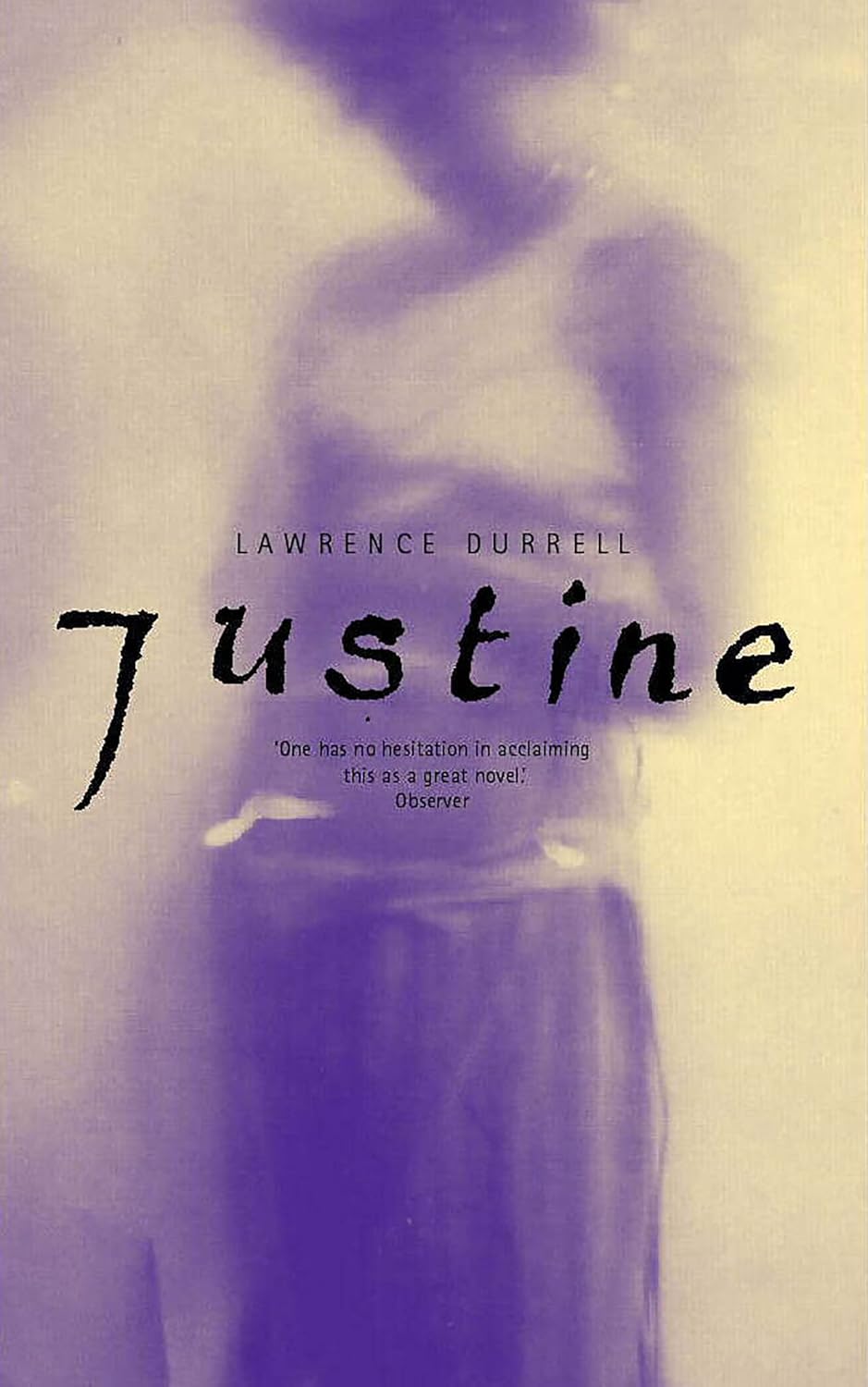About this deal
Drama Shakespeare Other Drama Other Poetry Junior Classics Young Adult Classics Collections& Sets Unabridged MacNiven, Ian S. (1998). Lawrence Durrell: A Biography. London: Faber and Faber. ISBN 0-571-17248-2. p. xiii. which T.S. Eliot introduced with extraordinary praise, and "Cefalu" (1947), which was better; but neither of them prepared me for a book that demands comparison with the very best books of our century and specifically, since The main problem is that while jumping around in time, Durell gives few clues as to what’s happening when. Since he also fails to introduce the characters in any kind of linear sense, the sequence is intensely baffling. To give him credit, he starts at the end, which at least allows us to grasp the names of the key characters, and parts of their relationships. But the effect of the short sequences is very much like a puzzle, starting with a great mess of pieces and only gradually getting a feel for the outlines. I can only hope that now that I know those outlines, the three remaining books will be more palatable.
Those words are technically spoken by Pursewarden, a character who’s a novelist, and they’re not in the novel proper. But they do describe pretty accurately what Durrell appears to be attempting. especially significant that he reports truthfully the sordidness of his material and makes something strong, healthy, wise, sad, amusing and beautiful of it. He has the eloquence of the twice-born. Lawrence Durrell's home in Rhodes from 20 May 1945 until 10 April 1947 British Council work in Córdoba and Belgrade; teaching in Cyprus [ edit ] Though tragic love is the central concern of the novel, there are also hints at a deeper symbolic dimension in the form of the Kabbalah, which the main characters all devoutly study. Additionally, there are initial inklings of a socio-political narrative dealing with the workings of the British secret service, [4] a story-line that becomes much more extended and eventually takes centre-stage in the next two books of the quartet, Balthazar and, especially, Mountolive.Durrell, Lawrence (1978). Prospero's cell: a guide to the landscape and manners of the island of Corcyra. Penguin Books. p. 100. ISBN 0140046852.
Living on this bare promontory, snatched every night from darkness by Arcturus, far from the lime-laden dust of those summer afternoons, I see at last that none of us is properly to be judged for what happened in the past. It is the city which should be judged though we, its children, must pay the price. A longtime smoker, Durrell suffered from emphysema for many years. He died of a stroke at his house in Sommières in November 1990, and was buried in the churchyard of the Chapelle St-Julien de Montredon in Sommières.As Durrell explains in his preface to Balthazar, the four novels are an exploration of relativity and the notions of continuum and subject–object relation, with modern love as the theme. The Quartet 's first three books offer the same sequence of events through several points of view, allowing individual perspectives of a single set of events. The fourth book shows change over time.
 Great Deal
Great Deal 